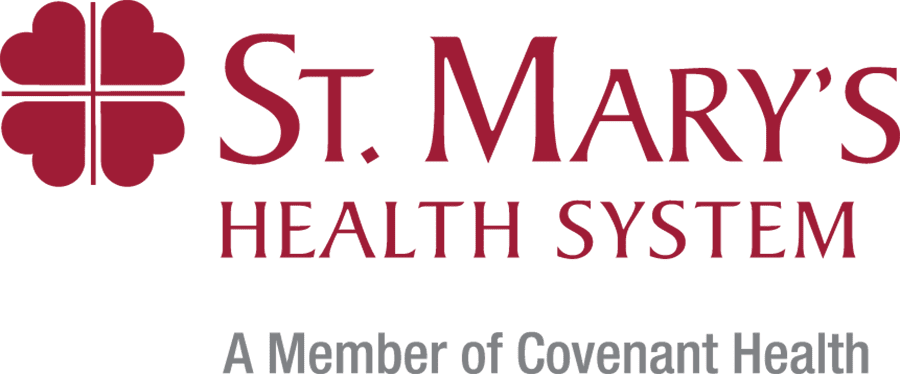Computed Tomography, or a CT scan, is a non-invasive diagnostic test that can be used to visualize nearly all parts of the body. We use CT scans to diagnose disease or injury as well as to plan medical or surgical treatment. These images provide more detailed information than plain X-rays by utilizing computer processing to create cross-sectional images.
The dynamic CT Scan Department offers scanners. Both are accredited by the American College of Radiology and employ advanced technology to obtain the best images at the lowest level of radiation. GE uses the very latest advances in technology to reduce the amount of radiation needed for superb images which also reduces both the exam time and the amount of IV contrast needed for the CT exams.
Radiation Exposure
CT scans utilize ionizing radiation. Our radiologists use the lowest dose of radiation possible to obtain the medical information needed. Additionally, our scanner delivers enhanced CT image quality with up to 40% less radiation exposure to our patients.
Please tell your doctor if you’re pregnant. Another type of exam such as ultrasound or MRI may be recommended as a more appropriate option for you and your baby.
- General CT Scanning (Non-Contrast) Head/Spine/Extremities
- Contrast CT Procedures Head/Chest/Abdomen/Pelvis
- IV Contrast: Patients 60 years old and up, and patients with high blood pressure or known renal disease will need a lab test to determine their creatinine level, results need to be within 45 days of the CT Scan
If your abdomen or pelvis is being scanned, you may need to drink contrast prior to your CT scan. Our oral contrast is water-based, colorless, odorless and tasteless just like drinking water.
Injected through an IV started by your CT technologist, this contrast highlights your organs, tissues, urinary tract and blood vessels. During the injection, you may experience a metallic taste in your mouth or a warm sensation all over your body.
Although rare, contrast material can cause an allergic reaction. Inform your doctor and CT technologist if you’ve ever had an allergic to iodine, IV contrast or X-ray dye.
Information for patients from the American College of Radiology
CTSCANS-Licensing-Accreditation
St. Mary’s Regional Medical Center’s CT Scan Department is fully accredited by the American College of Radiology (ACR). The CT Scanning Department is staffed by Radiologic Technologists (RT’s) that are registered by the American Registry of Radiologic Technologists and licensed by the State of Maine. Some of the technologists have also attained advanced certification in this modality.
Patient Instructions
A CT of the abdomen with contrast may require the use of both oral and IV contrast so that good images can be obtained.
If you are 60 years old or older, a Creatinine lab test will need to be done BEFORE your CT exam. This creatinine test should also be done if you have a history of renal disease, diabetes (type I or II), renal cell carcinoma, multiple myeloma, or have only one kidney. Test results within the last 6 weeks prior to your CT exam are acceptable.
If you have diabetes and taking any of the metformin formulas, please do not take the morning dose on the day of your CT exam.
Here are the steps to follow before your exam:
- On the day of your CT exam, DO NOT eat any solid foods during the 4 hours before your exam. You should drink extra water.
- You can take your routine medications.
- Bring a list of your medications with you and give the list to the CT Technologist.
- Arrive for your CT Scan appointment at least 90 minutes prior.
If you have any questions, call St. Mary’s Regional Medical Center’s Radiology Department at 207-777-8482.

